These states could drain your savings, isolate you, and make retirement a nightmare.

When you finally reach retirement, the last thing you want is to feel like you made the wrong move. Choosing where to live can be just as important as deciding when to retire. While some states roll out the red carpet for retirees with warm weather, low taxes, and a strong support system, others can quietly chip away at your happiness and savings.
Whether it’s the high cost of living, limited access to healthcare, or a general lack of senior-friendly resources, certain states can make your golden years feel more like a struggle than a reward. If you’re hoping for a relaxing, fulfilling retirement, think twice before relocating to one of these 11 problem-prone states.
1. Florida Isn’t the Paradise You’ve Been Told It Is
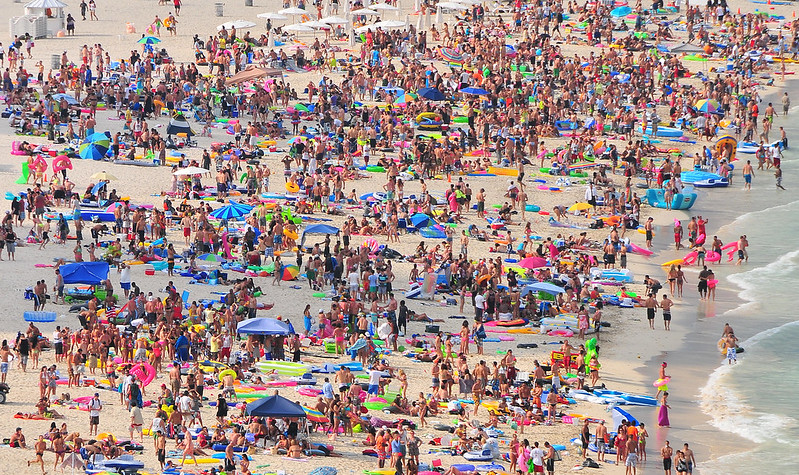
Florida is often at the top of retirement wish lists thanks to its sunny climate and lack of state income tax. But scratch beneath the surface, and you’ll discover serious downsides that make it less than ideal for aging peacefully. The state is bursting at the seams, and overcrowding means everything—from traffic to healthcare appointments—takes longer and costs more.
While retirees dream of beachfront sunsets, many end up stuck in suburban sprawl, facing rising home prices and insurance premiums that climb with every hurricane season. And those hurricanes aren’t just a seasonal inconvenience—they’re a real threat that can leave seniors feeling vulnerable. Between intense heat, unpredictable weather, and limited healthcare in rural pockets, Florida might not be the worry-free haven people expect, experts at the Rural Health Information Hub reported.
2. New York Will Drain Your Retirement Savings Fast
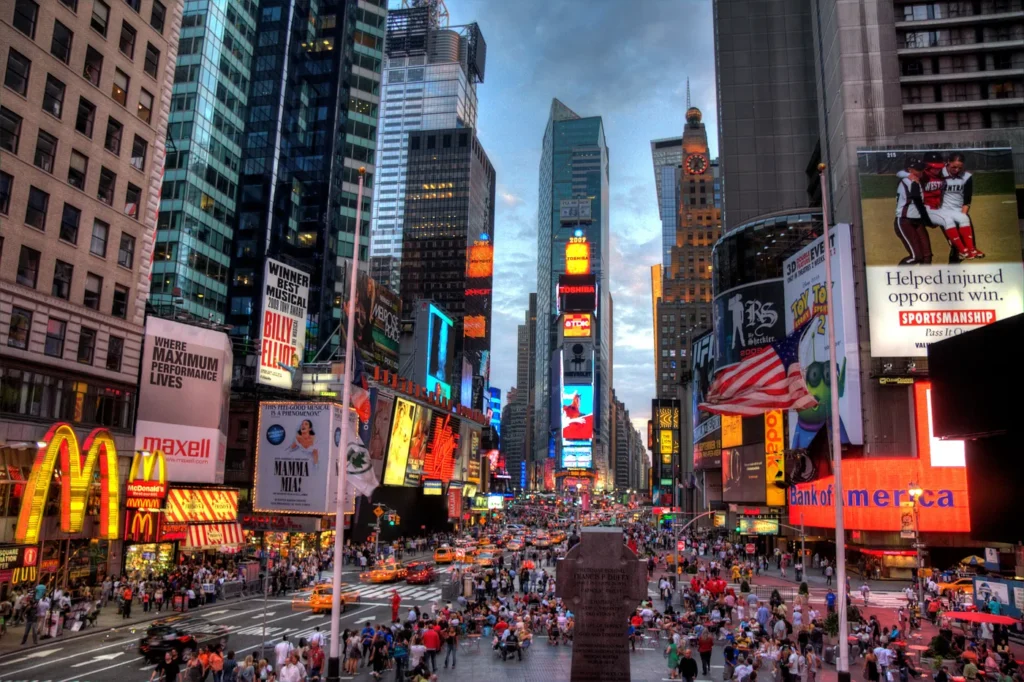
New York’s reputation for culture, energy, and diversity is undeniable, but it’s also one of the most expensive places to live—no matter where in the state you settle. Outside of New York City, you’ll still face outrageous property taxes, heating bills during long winters, and a general cost of living that can make even everyday items feel like luxuries, according to Rebecca Safier of SoFi.
Retirees on a fixed income can find it incredibly difficult to maintain financial stability here. Healthcare is high-quality in urban areas but harder to access in rural upstate regions. Harsh winters and icy conditions also make mobility harder for aging adults. If you’re dreaming of a peaceful, affordable retirement, New York might just deliver the opposite.
3. Alaska Will Leave You Feeling Cold and Cut Off
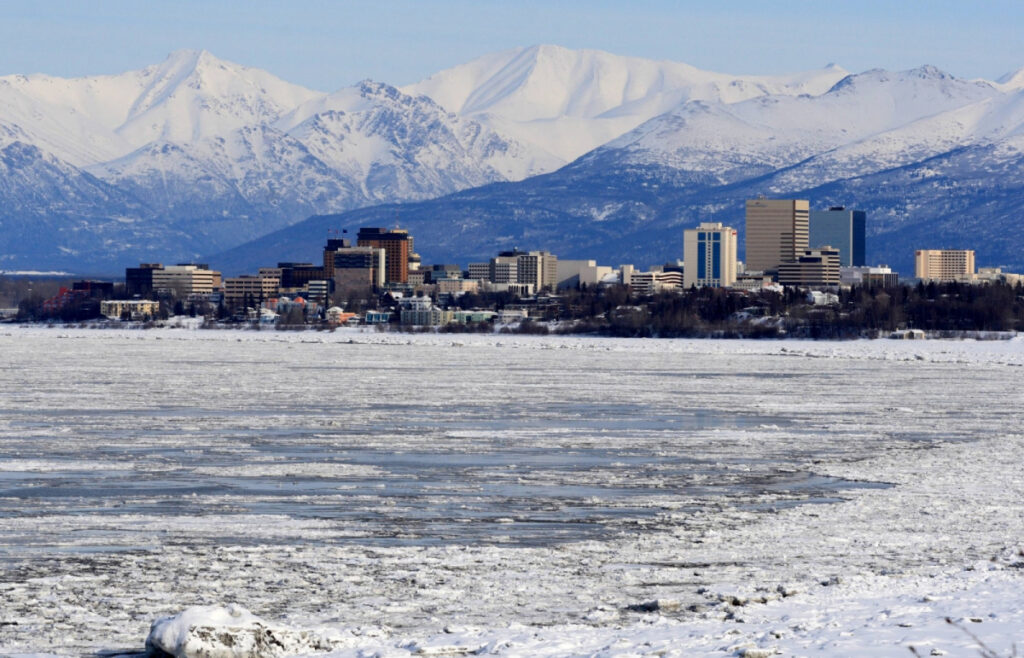
Unless you’re an adventurer at heart, Alaska poses more challenges than comforts for retirees. The harsh climate means long, freezing winters with very little daylight, which can take a toll on mental and physical health. The cost of importing basic goods drives up everyday expenses, and that includes groceries, utilities, and even gasoline.
Healthcare is another sticking point. Many parts of Alaska are remote, with limited access to specialists or emergency care. When you add in the isolation and expensive air travel needed to visit loved ones or leave the state, Alaska begins to feel like a trap rather than a retreat, as mentioned by Alli Harvey in a news article from Anchorage Daily News. Retirement should be about ease, not endurance.
4. Nevada’s Glittering Lights Hide Big Problems for Seniors

Nevada may sound like a fun and flashy choice—especially with no state income tax and lots of entertainment—but the glamor fades fast for seniors seeking a healthy, supportive environment. The state’s healthcare system ranks low in quality and access, and the dry, desert heat can be difficult for older adults, especially those with respiratory or heart issues.
Beyond the weather and healthcare concerns, Nevada can also be isolating. Senior support services are limited outside major cities, and the high costs of utilities and home maintenance catch many off guard. Gambling culture and financial instability are also concerns, particularly for those living near casinos. If you’re looking for security and comfort, Nevada may fall short.
5. Texas Isn’t as Retirement-Friendly as It Claims

Texas loves to tout its low taxes and booming economy, but retirees need to look beyond the marketing. While there’s no state income tax, property taxes can be shockingly high—especially in cities like Austin and Dallas. Combine that with a rapidly rising cost of housing, and many seniors find themselves financially squeezed.
The climate is another big drawback. Sweltering summers, frequent droughts, and an increasingly unstable power grid make for an uncomfortable (and sometimes unsafe) environment. In rural areas, healthcare access is limited, and emergency response times can be slow. If you plan to retire in Texas, be prepared to trade affordability for some serious lifestyle compromises.
6. Hawaii Will Eat Up Your Nest Egg in No Time
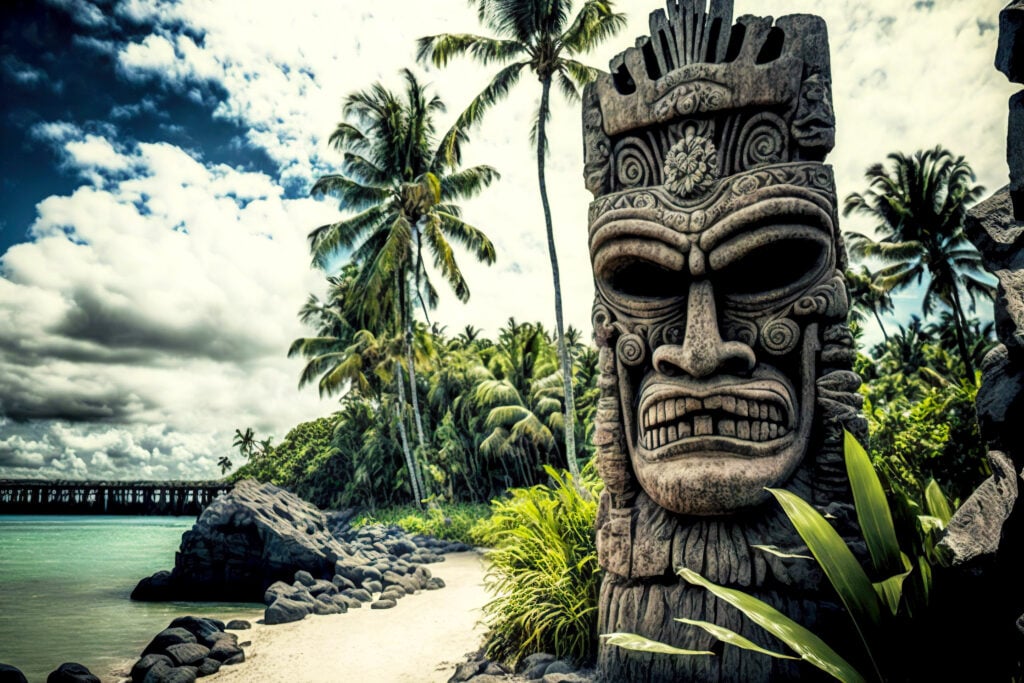
It’s easy to get swept away by the fantasy of retiring in Hawaii. Who wouldn’t want to wake up to ocean breezes and volcanic views? But the cost of living is brutally high, and many retirees quickly realize that paradise comes with a steep price tag. Groceries, gas, and basic services are all imported, making daily life shockingly expensive.
Housing is another major hurdle. Even modest homes come with premium price tags, and property taxes are only the beginning. Medical care is limited on smaller islands, and traveling for treatment or family visits requires costly flights. If you’re not independently wealthy, Hawaii might turn your retirement dream into a financial nightmare.
7. Mississippi Leaves Seniors Struggling for Basic Needs

At first glance, Mississippi’s low cost of living might look like a retirement bargain. But that affordability comes at a steep cost in other areas. The state ranks consistently low in healthcare quality, senior well-being, and access to essential services. For many retirees, the savings aren’t worth the daily challenges.
Public transportation is almost nonexistent, and rural healthcare is unreliable at best. Mississippi also struggles with high poverty and low public health scores. Aging here can feel lonely and risky, especially for those who require ongoing care or community support. It’s a state where being frugal might come at the expense of your health and peace of mind.
8. California Is a Retirement Dream Turned Financial Nightmare

California’s natural beauty is legendary, but the cost of living makes it nearly impossible to retire comfortably unless you’re extremely well-funded. Home prices are astronomical in most regions, and even renting can quickly eat up your fixed income. Add to that some of the highest gas prices and taxes in the country, and you’ve got a financial squeeze that’s hard to escape.
Traffic congestion and population density add to the stress, especially for seniors trying to make medical appointments or run simple errands. And while healthcare is excellent in urban areas, it’s often overwhelmed. Between wildfires, earthquakes, and climate instability, California presents more risks than rewards for most retirees.
9. Alabama Lacks the Amenities Seniors Need Most
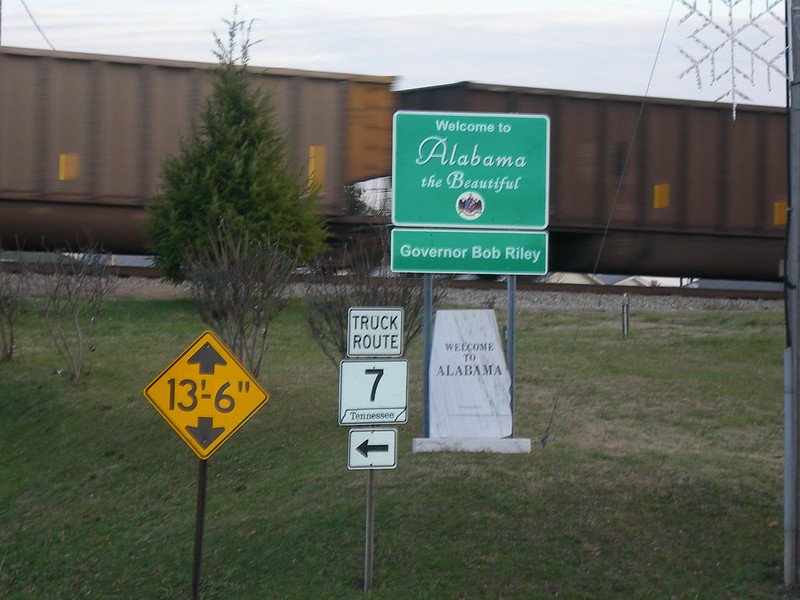
Alabama markets itself as a low-cost, laid-back Southern escape, but it often fails to meet the needs of aging residents. Healthcare access is inconsistent, particularly in rural areas where hospitals and clinics are few and far between. For seniors who require regular checkups or emergency services, this can be dangerous.
The state also ranks low in public safety and education, which can affect the overall quality of life. Community resources for older adults are sparse, and public transportation is virtually nonexistent in smaller towns. Without a strong support system in place, retirees may find themselves isolated and underserved in Alabama.
10. New Mexico’s Beauty Hides Some Ugly Realities for Seniors

New Mexico offers a rich blend of culture and natural beauty, but it comes with trade-offs that make it less than ideal for retirement. Crime rates are high in both urban and rural areas, creating safety concerns that can’t be ignored. Seniors living alone may feel especially vulnerable.
Healthcare is limited outside of a few major cities, and the infrastructure to support senior living—like transportation and social services—is underdeveloped. The scenic isolation that attracts tourists can become a source of loneliness and hardship for retirees. If stability and consistent care are on your checklist, New Mexico may not meet your expectations.
11. Louisiana Is Full of Culture But Lacks Senior-Friendly Living

Louisiana’s vibrant music, food, and cultural traditions make it a captivating place to visit, but retiring here is a different story. The state faces serious challenges when it comes to healthcare access, elder care, and poverty levels. It also ranks poorly in senior wellness and public health metrics.
Natural disasters like hurricanes and flooding are common and can pose major threats to aging populations. Infrastructure is aging, and emergency preparedness is often lacking. While the atmosphere may be warm and welcoming, the systems that support a safe, healthy retirement simply aren’t strong enough to rely on. For many, Louisiana is better for vacations than permanent living.
